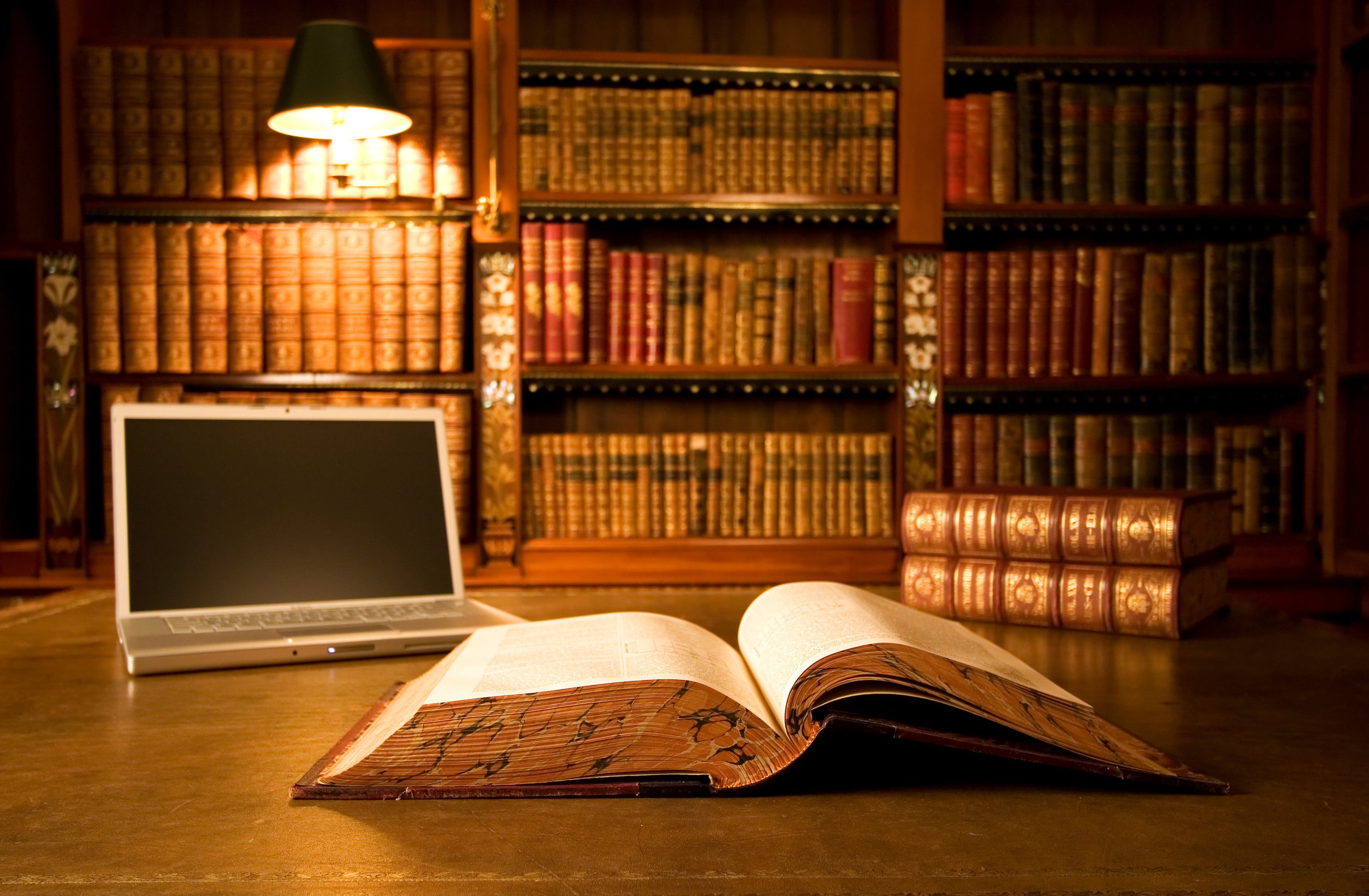Mugging for a Photo: Friend of the Show Shares His The Tech-Savvy Lawyer.Page Podcast Mug!
/Special shout out to one of our listeners for sharing his photo of him enjoying a TSL.P Podcast Mug!
Read MoreSpecial shout out to one of our listeners for sharing his photo of him enjoying a TSL.P Podcast Mug!
Read MoreJoin me as my next, Jared Jaskot, and I unravel the practical uses of AI in law!
Read MoreDon’t use your smart devices while driving or crossing the road!
Read MoreWeatherproofing legal practice requires recognizing climate change-induced risks to power and internet systems and implementing strategies like backup power and diversified internet connections to mitigate disruptions in the legal profession.
Read MoreCheck out my commentary of Carolyn Elefant’s great review of ChatGPT v. Casetext!
Read MoreJoin your favorite “Tech-Savvy Lawyer” as I delve into cloud computing's intricacies with IT expert and podcast host Dave Ginsburg!
Read MoreAutocorrect, It's Never "Duck"! 🤣
Read MoreUnderstanding "netiquette" is vital for lawyers to maintain professional conduct online, fostering trust and avoiding misunderstandings with clients, colleagues, and the public.
Read MoreI came across this great article “A Primer on Legal Technology” by Julie B. Johnson, Associate Editor for the National Jurist summarized below:
As the digital age ushers in innovative solutions, the practice of law is becoming more efficient thanks to legal technology. Law students are encouraged to familiarize themselves with these advancements to enhance their professional acumen and improve client services.

"Technology has been changing the practice of law in small ways for decades," says Joe Regalia, an associate professor at the University of Nevada. The current tech boom, however, has introduced tools that dramatically increase efficiency and productivity. Colin Levy, a legal technologist, explains how these tools can automate time-consuming tasks like creating documents, onboarding clients, and reviewing standard agreements.
Legal tech also makes legal resources more accessible to clients and enhances transparency. Furthermore, it aids lawyers in devising litigation strategies and elucidating complex legal matters. As technology continues to redefine legal practice, it is imperative to remain updated.
In many states, lawyers are now required to possess technical competence or risk disciplinary action. Lawyers and law firms can face liability for technological errors, such as data breaches or accidental release of sensitive information. Knowledge in data collection, e-discovery, and other common technologies are deemed essential.

The practice of law is more than just reading and arguing the law - you need to know how to use technology as a lawyer!
2021 law graduate Cole Reynolds recommends law students familiarize themselves with various legal tech tools before graduating. This not only prepares them for a diverse range of careers but also increases their market value. "There is no telling how many different careers a student may pursue from graduation to retirement, and having that wide base of knowledge will do wonders," says Reynolds.
Reynolds suggests that students need not become coding experts. Instead, gaining a basic understanding and exploring various tools via software demos could provide a strong foundation.
Key legal technologies include billing software, legal research tools, practice management software, contract management software, virtual courtrooms, legal document automation software, e-discovery software, and AI/ML-powered tools.
To get tech-savvy, law students are advised to explore popular tech tools, understand their risks and pitfalls, keep abreast of technology trends, and be inquisitive about new technologies. With free trials available for most tools, students can 'learn by doing'. This hands-on approach can provide them with insights and familiarity that will serve them well in their legal careers.
Join your favorite “Tech-Savvy Lawyer” as I talk with Kristaps Brencans, CEO of On the Map Marketing, about enhancing attorneys' online performance through tech-driven SEO steps, leveraging Google Business, managing reviews, tailoring legal niche marketing, and gaining podcasting insights.
Read MoreMICHAEL D.J. EISENBERG IS A WASHINGTON, DC ATTORNEY WHO LOVES HIS TECH.

Over the years I have found myself helping others (especially lawyers) young and old with their tech questions. With this blog, I hope to share my knowledge on a broader scale. My postings are based on the questions I have been asked in the past and trends I see for the future.
I hope my postings can be used by lawyers of any tech skill. And, in the end, provide the readers valuable insight on how lawyers can better their legal practice and their own personal life with the use of technology.
DISCLAIMER: I cannot and do not offer any guarantee of computer hardware, software, services, practice, etc. discussed in this blog. Use at your own risk. Further, I am not offering any legal advice nor do the discussions in this blog create an attorney-client relationship.